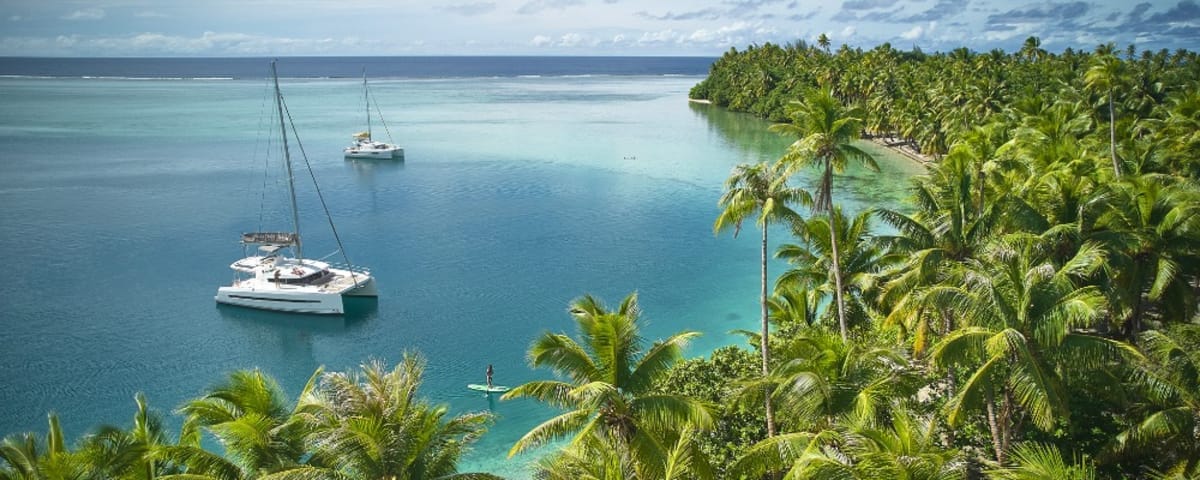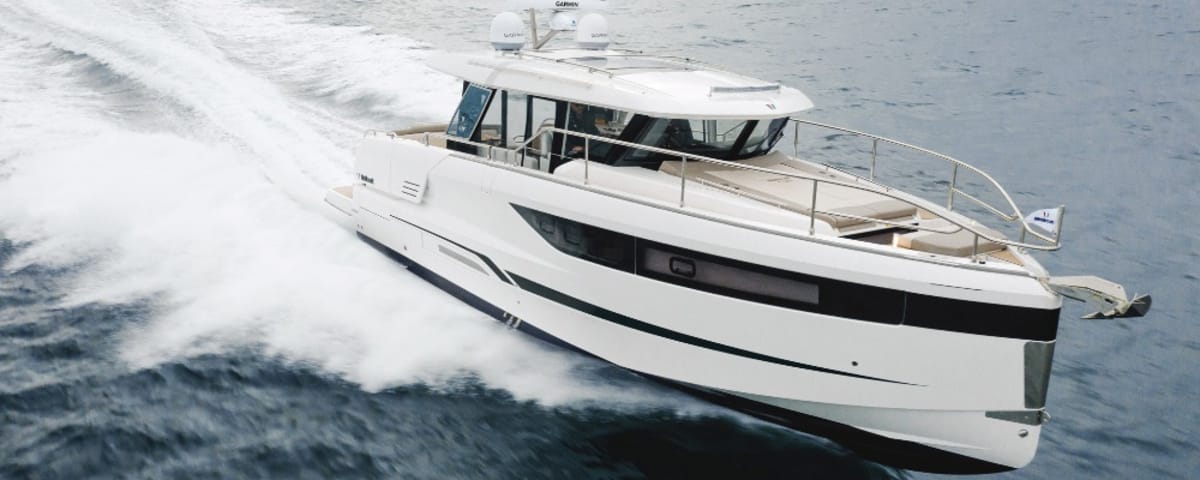Protecting Whales in the North Atlantic: A Collaborative Effort
Ship collisions pose a significant threat to whales in the North Atlantic. To address this growing danger, the European project ATLANTIC WHALE DEAL brings together scientists, NGOs, and technology companies with a shared goal: to use innovation to protect marine life. Sea.AI, in collaboration with the Irish Whale and Dolphin Group (IWDG) and the University of La Laguna (ULL) in the Canary Islands, is a key partner, contributing its artificial intelligence technology.
The project aims to enhance the safety of marine mammals and contribute to the overall health of ocean ecosystems. Whales play a vital role in maintaining marine biodiversity, particularly in carbon sequestration. However, they face increasing threats in busy shipping lanes, where collision risks are high.
A Technology to “See” Whales at the Surface
Sea.AI provides its AI-powered computer vision system to the project, enabling the detection and classification of objects on the water’s surface. This technology allows the IWDG and ULL teams to track whales when they surface, collect precise data, and develop practical solutions to prevent collisions.
“Technology has the power to protect,” says Marcus Warrelmann, CEO of Sea.AI. “Our systems not only help prevent accidents and save human lives at sea but also contribute to the preservation of marine life. By providing our technology to the IWDG and ULL, we empower them to address major environmental challenges through real-time detection and data.”
Over 30 Years of Field Expertise
The Irish Whale and Dolphin Group, with over three decades of experience, conducts observation campaigns in Irish waters and provides specialized knowledge of cetacean behavior and habitat. Emilie De Loose, project manager at the IWDG, believes this collaboration marks a turning point:
“We have been observing whales and dolphins in Irish waters for over three decades. This collaboration with ULL, enhanced by Sea.AI’s real-time detection technology, allows us to advance our research and improve whale protection in the face of increasing maritime traffic.”
The University of La Laguna contributes its expertise in environmental systems and engineering to support this interdisciplinary approach.
“This project marks an important step in how research and technology can combine to address ocean challenges. Through this partnership with Sea.AI and the IWDG, we aim to better understand whale behavior at the surface and prevent harmful interactions with human activities,” emphasizes Carlos Efrén Mora Luis, researcher at ULL.
Promising Initial Campaigns
Two successful scientific campaigns have already been conducted in the Atlantic, providing valuable field data on cetacean presence in key areas. In addition to collision prevention, this technology will also help map sensitive habitats and identify high-risk areas where ships need to exercise increased vigilance.
Sea.AI can also use the collected data to continuously improve its artificial vision algorithms, enhancing the effectiveness of its systems globally for maritime safety.
By combining decades of conservation expertise with cutting-edge technological tools, the ATLANTIC WHALE DEAL project lays the foundation for a better understanding of whale behavior in coastal and offshore areas. This initiative is essential for making oceans safer for both marine wildlife and the human communities that depend on them.
Enjoyed this post by Thibault Helle? Subscribe for more insights and updates straight from the source.


